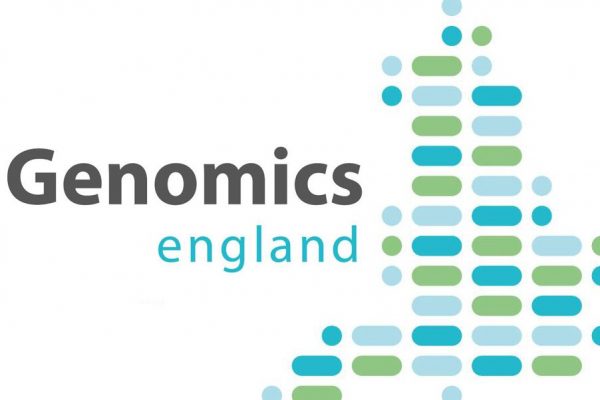Exciting times for our Research and Development colleagues who have kicked- off their recruitment of cancer patients to join the 100k genomes project!
The project is a national study which asks patients with cancer and/or rare diseases to give blood and tissues samples for genetic testing; helping our healthcare professionals to understand the changes occurring in their DNA.
Using this information, we can hope to learn how best to treat that person (developing personalised care plans) and how to predict and prevent further mutations.
Research nurse, and 100,000 genomes lead nurse for the Trust, Emma Virgilio, said: “Each person’s cancer is unique to them, so while we may not always be able to treat another patient’s cancer based on their results, we can most certainly be clearer about that one person’s condition and what treatment is best for them.”
This national programme was launched by former Prime Minister David Cameron in 2012 and has seen various testing centres established across the UK, with the West Midlands Genomic Medicine Centre in Birmingham being the centre that Walsall Healthcare feeds into.
Over the past two years the Trust has actively recruited a number of rare disease patients for the study, however we are now pleased to be able to start recruiting for the cancer element of the project – starting with a gentlemen who is currently living with colorectal cancer.
When a patient is listed for surgery to remove their cancer tumour, they will be asked if a sample can be taken for further testing. They will contribute two genomes for comparison – one from their healthy cells taken from a blood sample, and one from the cancer tissue which will be acquired during surgery.
Emma explained: “This has meant a rethink of how we store tumors once removed for testing, as our Histopathology team, who study tissues impacted by disease, have to prepare the samples for testing a particular solution, however this solution impacts on the DNA which is problematic for us. The logistics of storing the samples for both departments has seen us really come together and work in partnership to serve both our needs.”
“It would not have been possible without all the help received from Histopathology Lead Gary Parkes who enabled the project to be established and Histopathologist Maria Ahmed who helped obtain the first of many samples.”
And while we may not know the outcomes of testing our patients until early next year, we can be confident that we’ll learn a lot about the changes within cancers and how we could best improve our treatments.
Recruitment for this particular study stops at the end of November however Genomics England are looking to make these tests routine for all cancer/rare disease patients in early 2019.
Emma added: ‘Ms Abbott, Consultant Lead for Colorectal Cancers, has been really helpful in helping me understand the processes of patient care and introducing me to the various specialist nurses and consultants who have enabled me to recruit patients to the study.
“There have been many people who have helped along the way who I would like to thank so apologies if I have not mentioned everyone individually.”

